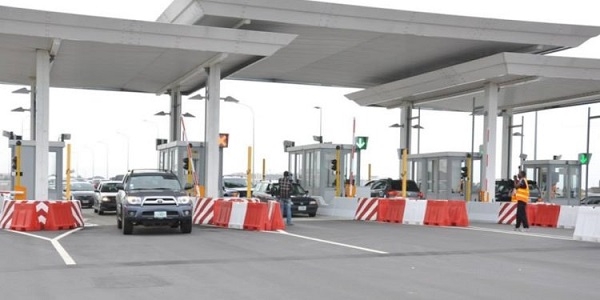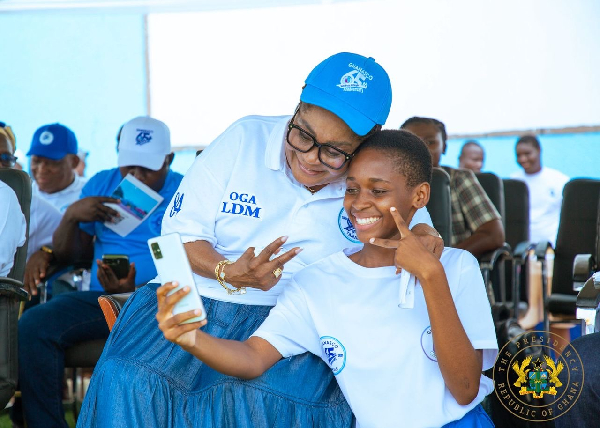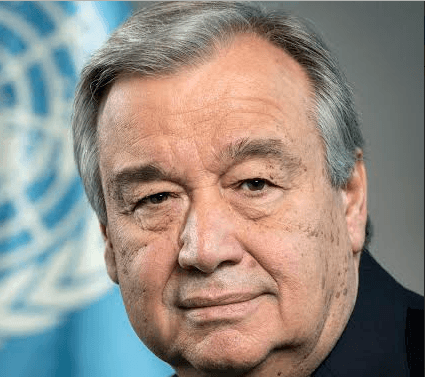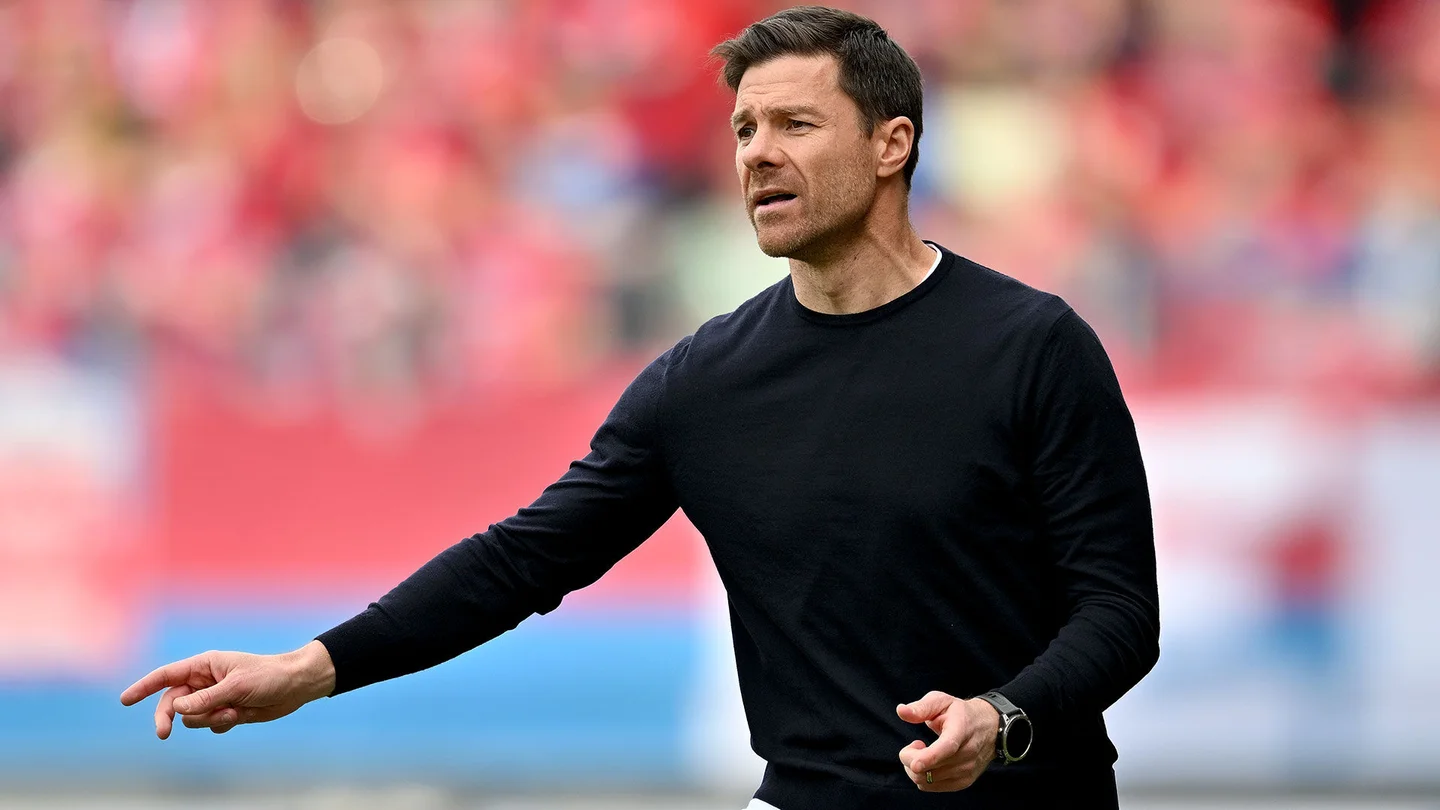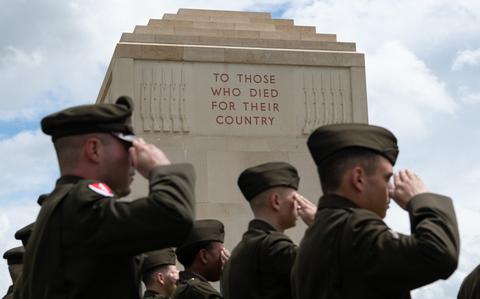Changing narratives: Vision, action and transformation of Africa | Commonwealth
It is an honour to stand before you this afternoon at one of the world’s most distinguished institutions of learning, to reflect with you on a subject of deep urgency and enormous possibility: the future of Africa, and the stories we tell — and live — about our continent.
This is no ordinary moment. We meet at a time when the world is unsettled — marked by shifting powers, economic realignments, climate disruption, and a crisis of norms and rules, as well as trust in institutions. But for Africa, this is also a moment of extraordinary momentum.
We are the world’s youngest continent. By 2050, one in four people on this planet will be African. By then, our combined GDP could exceed $16 trillion. Already, six of the ten fastest-growing economies in the world are African.
We are shaping new technologies, cultural movements, financial systems and trade routes.
And we are rewriting the global narrative — not just changing how others see us, but how we see ourselves.
Today, I want to speak not only as the Commonwealth Secretary-General, but as an African woman, a daughter of Ghana, and the first African woman to hold this office in the history of the Commonwealth. That history means something. But what we do with it will mean even more.
So let me begin with this conviction: Africa is not on the periphery of global affairs. Africa is central. And the Commonwealth — a family of 56 countries, of which 21 are African — has a vital role to play in amplifying Africa’s voice, partnering with Africa’s institutions, and investing in Africa’s future.
Too often, Africa has been spoken about in the language of deficit — of what we lack, of what needs fixing. But Africa is not broken. We are unfinished. And like all unfinished works, we are dynamic, changing, contested — and full of possibility. Changing the narrative means asserting our agency — in trade, in diplomacy, in multilateral reform, in climate action, in peacebuilding, in knowledge production. It means affirming that Africa is not waiting to be rescued but positioning itself to lead. Indeed, in some areas, such as fintech, Africa is leading the world.
At the Commonwealth, we are committed to working in partnership with Africa — not as benefactors but as collaborators — to build a platform that reinforces African solutions to African priorities.
The Commonwealth is not just a club of the past. It is a network of the future. Nearly 40% of Commonwealth members are African. From the Lusaka Declaration of 1979 to the CHOGM in Kigali in 2022, Africa has shaped the Commonwealth’s voice on democracy, development, and human dignity.
And now, with a renewed strategic plan grounded in resilience building, we are deepening that partnership across four key areas:
1. Democracy and Governance
The Commonwealth has always stood for democracy — and Africa has been a testing ground for its resilience.
From Sierra Leone to The Gambia, from Nigeria to my own Ghana, we’ve supported peaceful transitions, upheld constitutional governance, and mediated crises. But let us be clear-eyed. In too many countries, we are seeing reversals — military takeovers, constitutional manipulation, democratic backsliding.
So the Commonwealth will redouble its support for democratic institutions, civic space, and electoral integrity across Africa.
We will strengthen our election observation missions. We will expand our technical assistance on parliamentary and judicial reform to reverse the decline in support for democracy. And we will centre young people and women in our governance support — because they are not just the future of democracy, they are its present.
2. Trade, Finance and Economic Resilience
If we are serious about transformation, we must be serious about economic justice.
Today, trade among Commonwealth countries is 21% cheaper. That is our Commonwealth Advantage. But it must become a Commonwealth Opportunity — especially for African businesses. We are working to support Africa’s integration into global value chains, make debt treatment an instrument for growth and resilience, and open new pathways for investment.
At the Commonwealth Business and Investment Summit in Namibia next month, we will bring together Ministers, CEOs, SMEs, and development banks to build concrete projects — from digital trade to agriculture, from climate finance to manufacturing.
We want African economies not only to export raw materials, but to lead in innovation, value addition, and green growth. We also support calls for the reform of global financial institutions — to reflect a realistic understanding of the vulnerabilities and fragilities of our time, not the legacies of empire.
Africa should not be punished for borrowing to build — especially when global crises have driven up costs.
3. Climate, Oceans and Environmental Sustainability
Africa is the least responsible for climate change, but among the most affected.
From the Horn of Africa to the Sahel, climate shocks are intensifying poverty, driving conflict, and deepening food insecurity. In the face of these existential threats, the Commonwealth is committed to climate justice, adaptation financing, and ocean governance — through partnerships like the Commonwealth Blue Charter and the Apia Ocean Declaration.
But we must move beyond declarations to delivery. That’s why we’re investing in climate-smart agriculture, youth-led green entrepreneurship, and access to climate finance — particularly for vulnerable and small island states. Africa can be a global leader in the green transition — not just a victim of its delay.
4. Youth, Innovation and Inclusion
Africa’s greatest natural resource is not under our soil — it is in our classrooms, our streets, our social movements. Over 60% of Africans are under 25. That is not a challenge — it is a superpower.
We have seen young Africans lead in innovation and start-ups — from science and technology to finance, from fashion, culture, the arts to cuisine and services.
There is no aspect of life on the continent that has not been touched by young people. But more needs to be done to take advantage of Africa’s youth bulge.
The advances in ICT, automation and AI, and the innovations of social media for distance learning and producing the tech workers and entrepreneurs of this century require historically unprecedented investments — in education, skills, digital access, and platforms for voice, leadership and new ways of doing things.
The Commonwealth will modernise its youth development programmes to ensure they are transformative by design and transformative in impact. We will champion gender equality, fight discrimination, and work to centre minority voices in every programme we run — because no narrative is complete without inclusion.
As Secretary-General, I will continue to forge closer links between the Commonwealth, the African Union, Africa’s Regional Economic Communities, and above all Africa’s remarkable financial institutions.
Our institutions must not compete — they must collaborate. Together, we can align our frameworks, share knowledge, and build a coherent African voice on the global stage — from COP to the WTO, from the UN Security Council to the G20.
We must also ensure that solidarity does not mean silence. We must be honest with ourselves when our values are threatened — and courageous enough to defend them. Whether in defence of press freedom, the rights of women and girls, or the dignity of displaced people, the Commonwealth must not look away. We must not — because there is a direct correlation between our shared values and our ability to share in prosperity.
Let me close on a personal note.
As the second African, and the first African woman, to lead this organisation, I feel a profound sense of duty. Ghana — the country of my birth — was the first African nation to join the Commonwealth after independence. I grew up believing that the purpose of public service is to lift others up, to open doors, to hold space for change. That is the purpose I bring to this role.
I do not carry the Commonwealth’s legacy alone. I carry it with millions across our family of nations — especially the women, young people and communities whose stories have too often gone untold. Together, we will tell new stories. Stories of excellence, not exception. Of resilience, not rupture. Of vision, action and transformation — led by Africans, for Africans, with the world as our witness and our partner.
Friends, the time for modest ambition is over. This is our moment — to lead, to build, to transform. Let us seize it. Let us change the narrative — and with it, the future.
